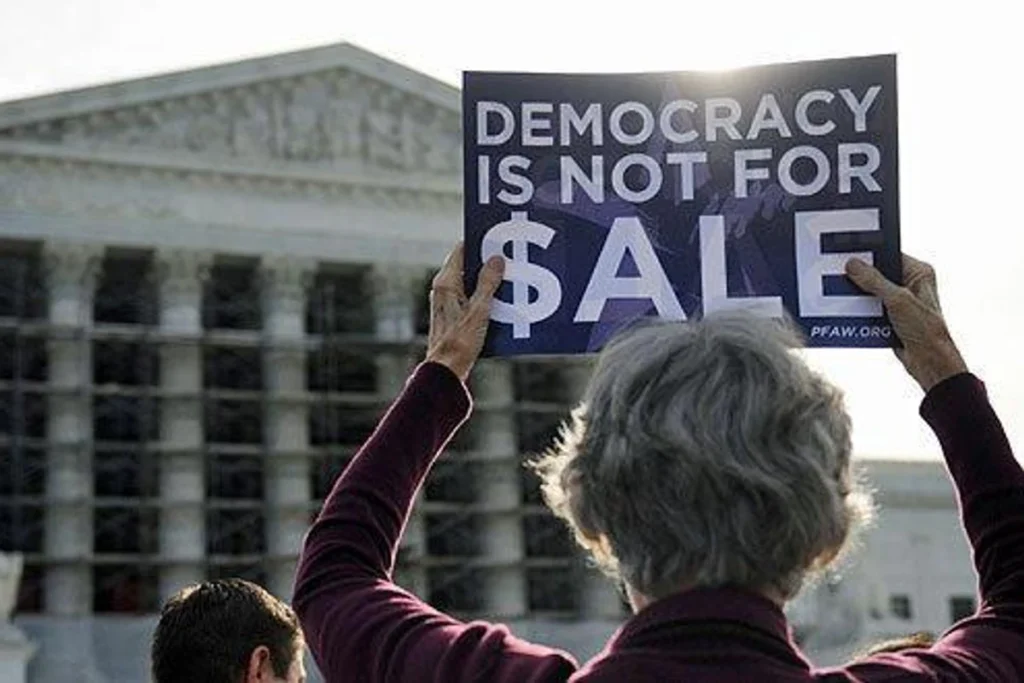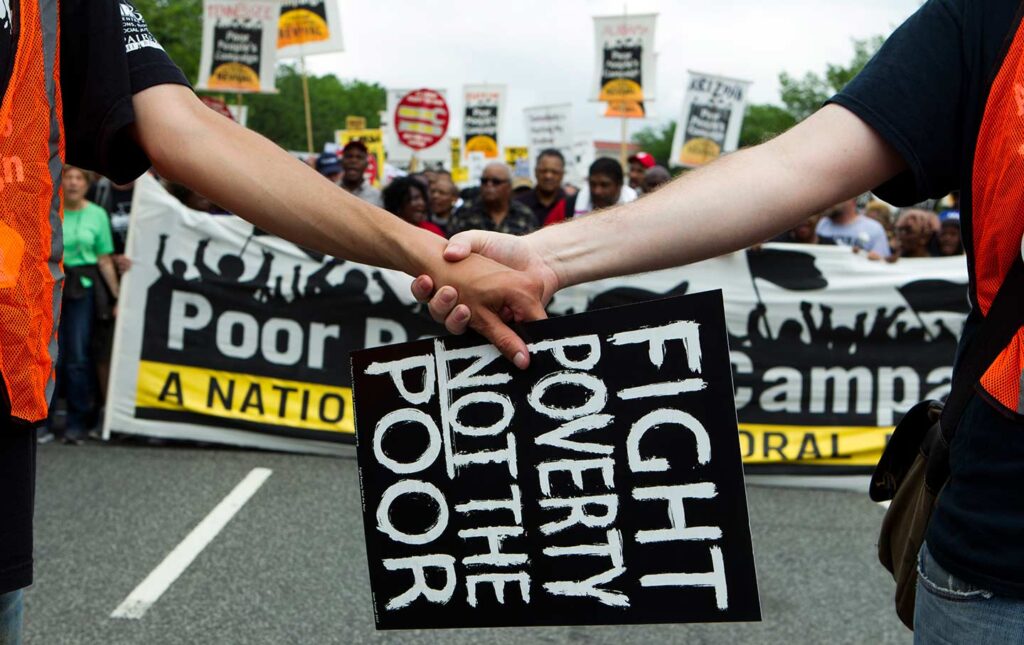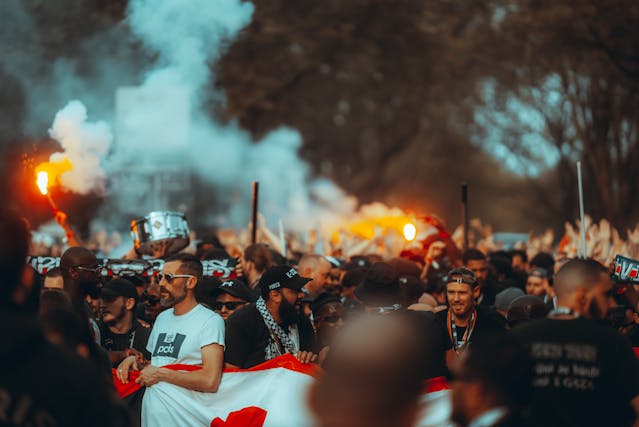Politics shapes our everyday lives. It decides how schools are run, creates jobs, and provides healthcare. However, not everyone gets an equal chance to participate in this process. Despite being deeply affected by political decisions, poor people face tough barriers when joining politics. High costs, lack of connections, and limited opportunities block their way. They often feel unheard and disconnected from those in power. This raises an important question: do poor people even have a real chance in politics?
The Cost of Politics
Money is one of the biggest barriers in politics. Running for office is expensive. Candidates must pay for campaign posters, leaflets, travel, and ads. Wealthy candidates can afford these costs easily. Poor candidates, however, struggle to raise enough money. Even though larger political parties give some support, most funds still go to wealthier candidates.
Public funding, which helps with campaign costs, mainly benefits big political parties. Smaller or new parties that speak for poor people receive much less. This heavy cost keeps poor people out of politics. It’s like a locked door, and money is the key.
The Power of Connections
Politics often depends on who you know. Wealthy people have important social networks. These connections open doors to opportunities in politics. Many politicians come from elite schools like Eton or universities like Oxford. These places connect them to powerful individuals. Poor people rarely get such chances to make connections. They might have the talent, but they don’t have the access. Without the right contacts, it’s harder for them to be taken seriously in politics.

The Problem of Representation
The middle and upper classes lead politics in the UK. This means working-class communities have little representation. Politicians from wealthier backgrounds often don’t understand the struggles of poor people. They might talk about hunger or low wages but haven’t lived through it. This gap creates mistrust. Working-class people feel like politics is “not for them.” The media also adds to this problem.
Candidates from poor backgrounds are treated differently. Wealthier candidates are seen as better leaders. It’s hard to trust a system that doesn’t include people from your community.
The Role of Education
One big problem is education. A lot of working-class kids go to schools that don’t have enough money. These schools don’t always have enough resources for kids to get the help they need. Some kids don’t even bring food or simple things like pens to school. A good education can help you get better work and get into politics. But poor kids don’t have that chance. A child’s school standard is often based on where they live or their “postcode.” This makes the gap between rich and poor even bigger.
Structural Inequalities
Structural inequality compounds the problem. Race, gender, and class often intersect to create even more obstacles. For instance, women from racially marginalized communities—such as Black, Bangladeshi, or Pakistani backgrounds—face both racism and sexism when trying to enter politics.
According to UK studies, Black African and Bangladeshi families have some of the lowest average incomes. These economic disparities make political participation even harder. People from these groups often feel doubly excluded: first by class, then by race, gender, or religion. Without targeted support, they remain underrepresented not just in politics—but in society as a whole.

Trust and Working-Class Identity
Many working-class people feel politicians don’t care about their problems. Over the years, they’ve seen many promises that were never kept. For example, poor communities suffer the most from budget cuts after economic crises. This history of broken promises has made trust almost impossible. People think politicians are “out of touch” because they don’t come from the same neighborhoods or share the same struggles.
Voter turnout is often very low in deprived areas. When people don’t trust the system, they think their vote won’t count.
Can We Change This?
Yes—but it will take time and real effort. Making politics more inclusive starts with reducing the financial burden of running for office. The government could provide equal campaign funding across parties and independent candidates to level the playing field.
Schools should also be funded equally, no matter the postcode. A quality education opens doors to leadership and civic engagement for all children, not just the privileged few.
Political parties must actively support candidates from diverse economic, racial, and cultural backgrounds. More women, LGBTQ+ individuals, and people from marginalised communities should be empowered to run for office—and supported meaningfully when they do.
Most importantly, politicians must reconnect with working-class communities. They need to listen—not just during election season, but throughout the year—and propose real solutions based on real needs. When people feel heard, trust can start to rebuild.
In conclusion, we can create a fair political system. It won’t be easy, but every step takes us closer to a better future.
Thank you for reading, click the link to read more of our Politics Articles




Leave a Reply
You must be logged in to post a comment.